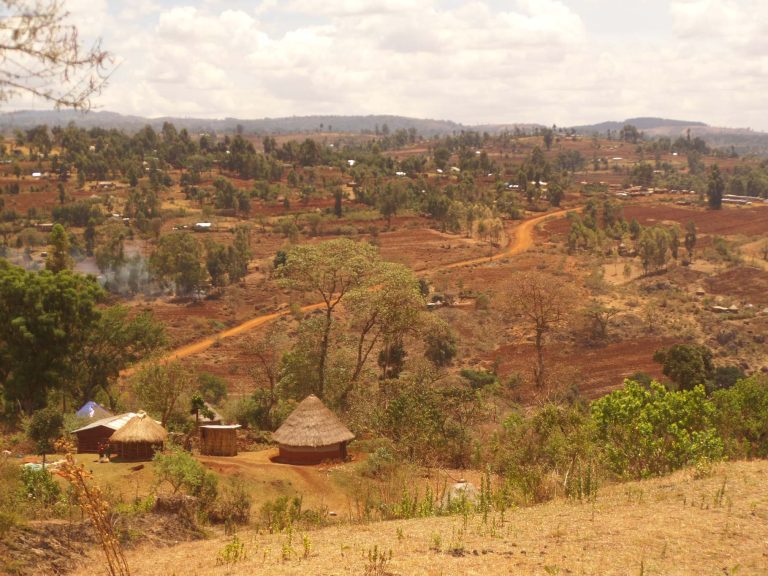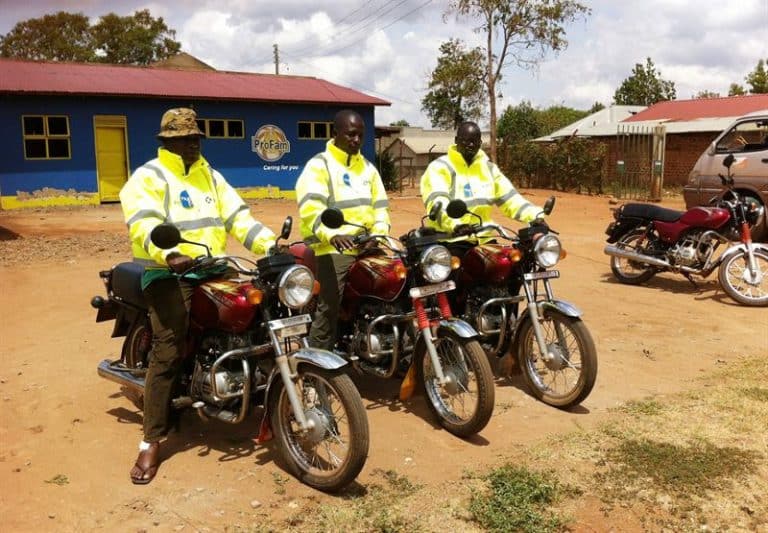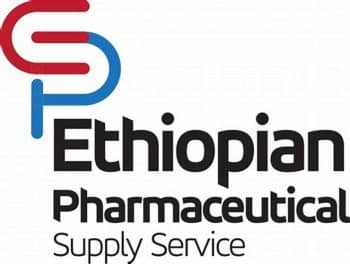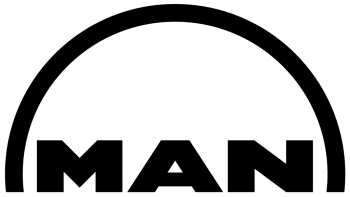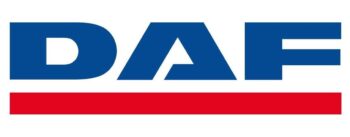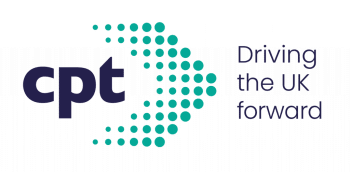Our Programmes

Transaid organises international workshop in Tanzania to improve emergency transport in Africa
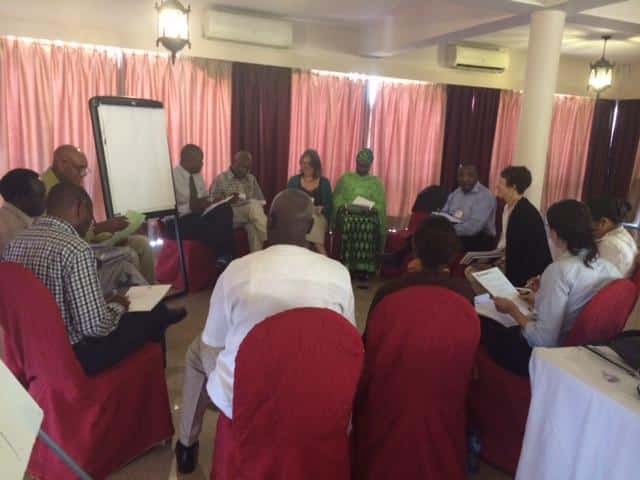
On 26th and 27th March 2014, Transaid organised a workshop that brought together emergency transport stakeholders from over ten different countries to discuss and explore how to improve emergency transport across sub-Saharan Africa. This workshop was funded by the United Kingdom’s Department for International Development, through the African Community Access Programme (AFCAP) which is managed by Crown Agents. AFCAP began in 2008 and promotes safe and sustainable access to markets, healthcare, education, employment and social and political networks for rural communities in Africa. To read more about AFCAP visit the website at www.afcap.org.
The AFCAP/Transaid Emergency Transport Workshop was held in Dar es Salaam, Tanzania. The participants included Ministry of Health representatives, ambulance practitioners, NGOs, donors and leading academics in the field who came together to share knowledge and expertise from a range of contexts. The countries that were represented include Ethiopia, Ghana, India, Kenya, Madagascar, Nigeria, South Africa, Tanzania, Uganda, the UK and Zimbabwe.
This two day workshop acted as a forum for presentation and dissemination of relevant research and allowed for debate regarding how to improve emergency health transport across sub-Saharan Africa. The event also promoted dialogue and advocacy for policy change as well as supporting those wishing to enhance/set up ambulance services.
The first day of the workshop began with an opening address from Dr. Mtasiwa, The Deputy Permanent Secretary at the Ministry of Local Government, Tanzania, who emphasised the need and expressed support for improving emergency transport services to people across Africa generally and specifically in the context of Tanzania. The first day of the workshop saw presentations on fleet management, staff training and links to emergency medicine. The afternoon focused on monitoring and evaluation, with presentations and plenary discussions on key research findings in this area, tools that can be used and calls for more robust monitoring and evaluation frameworks in emergency transport initiatives.
Breakout groups throughout the day and a networking event gave participants a chance to discuss potential opportunities for collaboration and learn more about emergency transport practices from different organisations in different countries.
The second day of the workshop saw presentations on innovation, communication and technology and the role of motorcycles and motorcycle ambulances. There was also a presentation and discussion on how to take evidence into practice, including advocacy and knowledge management around emergency transport. The final day of the workshop ended with all the participants sharing what they learned and, most importantly, what they will take away and apply back in their working environment.
The workshop was positively received, one participant remarked; ‘Thank you very much Transaid for the opportunity – my eyes are opened. I have learned ideas to incorporate into my program and I will be a better ambassador for emergency transport!’ A road engineer who attended also remarked; ‘I personally learnt a lot from the presentations and discussions that took place. I will disseminate the good practices from other countries to my colleagues’.
The workshop allowed transport managers and officers to be inspired and motivated by success stories from other countries and created a space to shine a spotlight on transport as a key enabler for improved health outcomes. Practitioners and policy-makers alike fed back that they will be able to apply the principles that were shared and now have access to new research and evidence, new materials and new contacts who are working in the same space.
The AFCAP/Transaid Emergency Transport Workshop saw transport and health professionals come together to debate and explore options to improve emergency transport practices. This was a unique opportunity for emergency transport stakeholders to meet and form relationships, which has resulted in discussions about exciting future collaborative work. All the presentation slides from the workshop and the relevant documents will be shared on the Transaid website. In addition to this, a final report will be produced at the end of April which will include all the findings and recommendations that have evolved out of the workshop and this will be shared and disseminated with all the participants.

